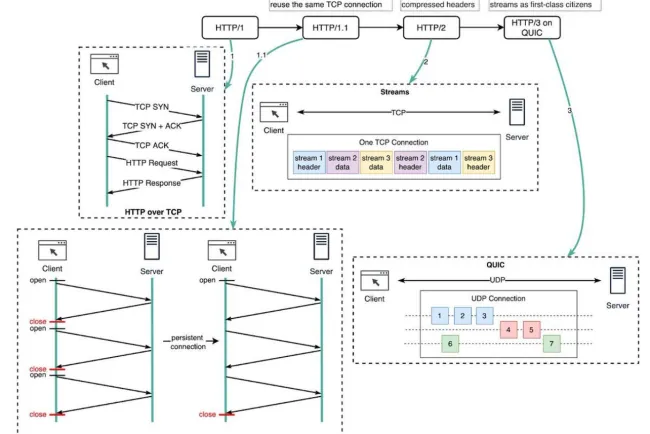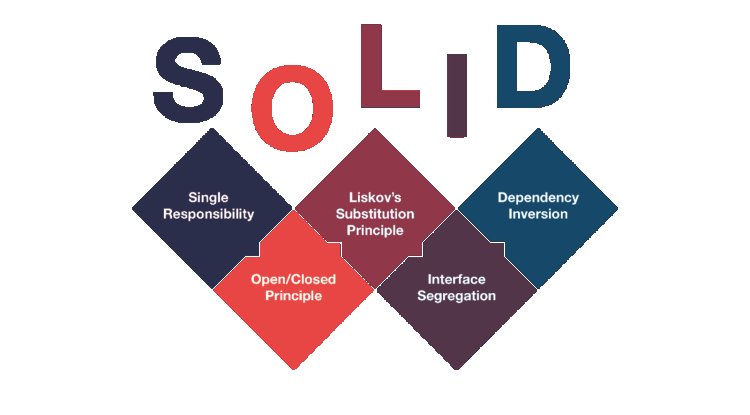The Big Difference Between Hard Work and Smart Work

Introduction
In the pursuit of success, one of the most debated topics is the concept of hard work versus smart work. These two approaches represent distinct philosophies on how to achieve one's goals and aspirations. While both have their merits, understanding the differences between them is crucial for making informed decisions in various aspects of life, from career development to personal growth. In this blog, we will explore the significant disparities between hard work and smart work.
Hard Work: The Traditional Route
Hard work is often associated with putting in long hours and immense effort towards a task or goal. It's the "sweat of your brow" approach, where success is seen as a product of sheer determination and persistence. Here are some key characteristics of hard work:
-
Persistence: Hard workers are known for their ability to persevere through challenges and obstacles. They possess a strong work ethic and are willing to invest substantial time and effort to achieve their goals.
-
Consistency: Hard work often involves repetitive and consistent actions. People who subscribe to this philosophy believe in the power of routine and dedication.
-
Grit: Grit is a defining feature of those who rely on hard work. They don't give up easily and are willing to weather setbacks and failures.
-
Time-Intensive: The hard work approach can be time-intensive, as it may require extended working hours and ongoing commitment.
Smart Work: Efficiency and Strategy
Smart work, on the other hand, emphasizes efficiency, strategy, and working smarter, not harder. It's about optimizing your efforts to achieve the desired outcomes with the least amount of wasted time and energy. Here are some key characteristics of smart work:
-
Strategic Planning: Smart workers prioritize planning and strategizing before taking action. They identify the most efficient and effective ways to reach their goals.
-
Prioritization: Smart workers focus on high-impact tasks and prioritize them over less important ones. They recognize that not all efforts yield equal results.
-
Adaptability: Smart work encourages adaptability and the ability to pivot when necessary. It's about being flexible and open to new approaches.
-
Technology and Tools: Smart workers leverage technology and tools to streamline their work processes, automate repetitive tasks, and gain a competitive advantage.
-
Work-Life Balance: Smart workers often enjoy a better work-life balance because they aim to achieve their goals without sacrificing their personal lives.
Key Differences
-
Approach to Effort: Hard work relies on investing extensive effort and time into a task, while smart work focuses on optimizing effort and achieving results efficiently.
-
Results vs. Activity: Hard work often values busy activity, while smart work prioritizes measurable results.
-
Adaptability: Smart work encourages adaptability and the ability to adjust strategies, whereas hard work may stick to a set path despite changing circumstances.
-
Efficiency: Smart work is inherently more efficient, as it seeks to maximize output while minimizing input, whereas hard work may involve unnecessary exertion.
-
Work-Life Balance: Smart work tends to promote a better work-life balance, as it seeks to avoid burnout and exhaustion.
Conclusion
In the ongoing debate of hard work versus smart work, both approaches have their place and can lead to success in various areas of life. The key is to strike a balance between the two based on individual goals, circumstances, and preferences. Sometimes, a combination of hard work and smart work may be the most effective approach. Ultimately, the choice between hard work and smart work should align with your objectives and allow you to achieve your full potential.













